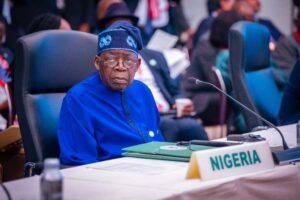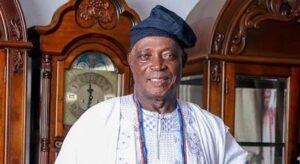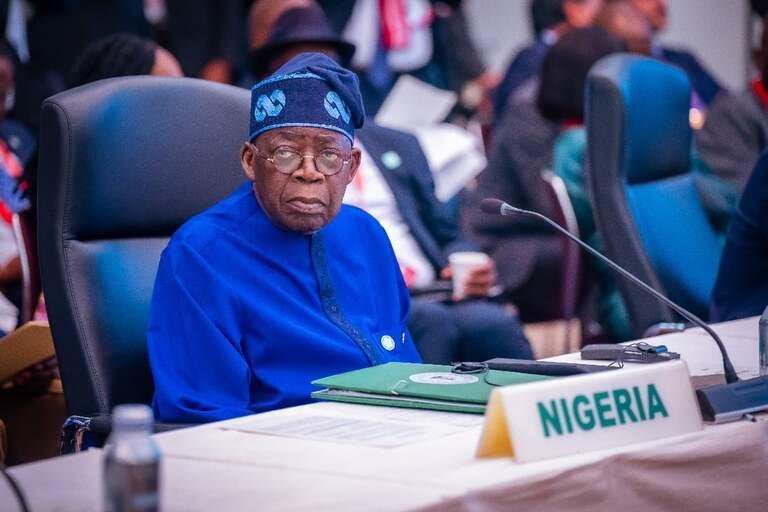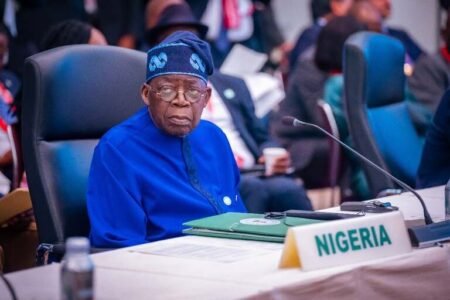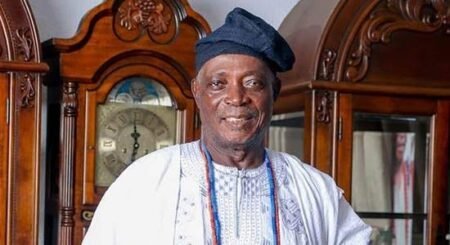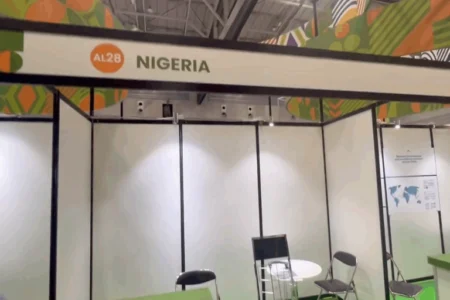President Bola Tinubu has called for sweeping reforms at the United Nations (UN) to give Africa permanent representation on the security council.
Delivering his intervention at the plenary session on peace and stability during the 9th Tokyo International Conference on African Development (TICAD9) in Yokohama, Japan, Tinubu argued that Africa deserves two permanent seats with full privileges.
The president said the continent also deserves additional non-permanent seats in line with the Ezulwini consensus and Sirte declaration.
“It is the view of Nigeria that Africa’s quest for fair and equitable representation in the UN Security Council is a just and fair demand,” Tinubu said.
“Indeed, Africa deserves two seats in the permanent category, with all its prerogatives and privileges, including the right of veto. Africa also deserves additional seats in the non-permanent seat category of the security council.”
He also used the forum to laud the Nigerian armed forces for recent successes in the fight against insurgency and criminality, describing their momentum as a “springboard for national development and stability”.
The president noted that military victories alone cannot guarantee lasting peace without addressing poverty, inequality, and exclusion.
“Nigeria’s brave armed forces can win any number of battles, but we do justice to their heroism only when we, as government, are courageous in tackling not just terror but also the underlying causes,” he said.
“We have learned that our brave armed forces can win many battles. But we can do justice to their heroism and sacrifice only when we, as governments, display the courage to be tough, not only on terror, but on the causes of terror.”
Tinubu called for new approaches to peace-building in Africa, pointing to peace agreements recently brokered in the Congo as examples of how mediation linked with economic investment can deliver results.
“In the past, competition for resources has weakened states and triggered conflict. Now, we see mediators directly linking outcomes to investment in Congo,” he said.
“It is working and underlines the need for fresh thinking in everything we do to deliver peace and stability.”
He also appealed for market-driven partnerships across borders, urging countries to move beyond “hackneyed appeals for aid and handouts”.
At the conference’s opening, Japanese Prime Minister Shigeru Ishiba highlighted his country’s commitment to Africa’s growth, announcing a new collaborative framework with the African Development Bank (AfDB) that will channel up to $5.5 billion in financing to the continent through Japan International Cooperation Agency (JICA) private sector investment.
“Japan is providing various cooperation and support for Africa. But first of all, Japan needs to know more about Africa,” he said.
So, in creating solutions together, this co-creation at TICAD 9, we focus on three important areas: private sector-led sustainable growth, youth and women, and regional integration and connectivity within and beyond Africa.”
The prime minister underscored the importance of youth empowerment and the positives of Africa’s youthful population.
“In 75 years from now, the population of Japan would have been halved. In the local communities, the population continues to decline; this is one big challenge Japan is facing,” he said.
“All agricultural land is being reduced, another major challenge for Japan.
“There is another potential in Africa; there is so much growing young population in Africa, but for the power of young people in Africa to flourish, you need to create a manufacturing industry and create employment, and that, I believe, is very important.”
